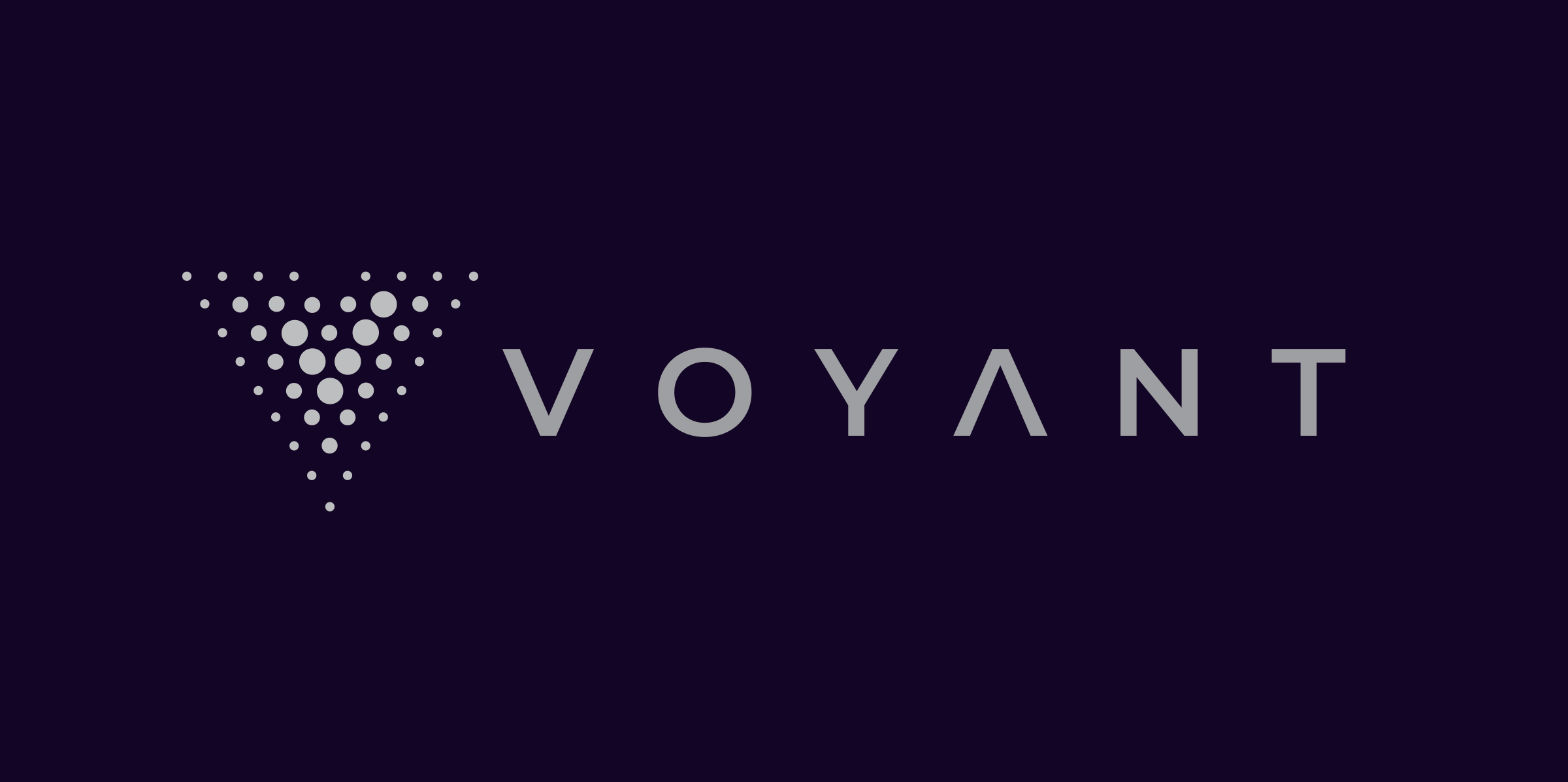(Everything in this article after the author dictated was automated and included the use of AI for speech to text, cleaning up the speech and putting it into a format more suitable for written copy, selecting an image, posting to the website, and distribution via social media and email. Please forgive any oddities, AI is still young.)
Is artificial intelligence taking over revenue cycle management? Is this something that you need to worry about right now, or something you need to dedicate time and resources to implementing or developing? There’s a lot of discussion around artificial intelligence and different types of it, with generative AI, like ChatGPT, receiving the most attention.
Recently, I had a conversation with a large, multi-billion-dollar private equity group looking at acquiring companies in the RCM space. This is just one example of many similar discussions I’ve had over the past months and year, where someone bright, well-educated, and financially adept asked specifically about the impact of AI in revenue cycle management, particularly generative AI.
When I see deals of RCM businesses coming to market, especially if large investment banks like Guggenheim, Houlihan Lokey, and others are attached, representing companies with enterprise values in the quarter-billion to multi-billion-dollar range, there’s invariably something about artificial intelligence in the marketing materials. Typically, there’s more sizzle than substance, as it feels necessary to include this to sell the business at a high valuation these days. I think it’s overblown. I’m going to take a strong position here: it’s hot, really hot. I love some aspects of generative AI and use a couple of different resources for marketing and technology. However, when it comes to RCM, that’s a tougher question. Should you worry about this now or not? One thing to consider is the short-term versus the long-term.
Absolutely, long-term, generative AI is going to have a massive impact everywhere, including in revenue cycle management, and it may be part of the overall workflow within revenue economics. But in the short term, especially generative AI, is not somewhere that many organizations should focus. I would suggest almost nobody should, unless they have done an extraordinary amount of other things from a technology platform standpoint and have gone so far that it now makes sense to progress there. Even then, I’m not sure there’s a lot of benefit. Just to be clear, when I refer to artificial intelligence, I’m not talking about automation, analytics, descriptive, or predictive technologies. I’m talking about true artificial intelligence, and in particular, generative AI, which I think is the least beneficial.
There are certainly some real aspects of AI that can be really beneficial, which we will discuss in another podcast. Generative AI, probably not so much. I’ll give an example: in one of the companies I recently looked at, with an evaluation probably north of half a billion dollars for a revenue cycle management company, one of the listed potential benefits of generative AI was in pre-authorizations or generating appeal letters. When I was asked about this by the potential acquirer, my response was, “What makes for a good pre-authorization? What makes for a good appeal letter? It’s really the content.”
In other words, do you know what the insurance company’s rules are in terms of coding, whether procedural or diagnostic? Have you complied with those rules? Are you overturning findings? What’s the logic behind this? What are you going to say that’s going to fight through and get this solved? These are the most important aspects of whether or not an appeal is won. I’m doubtful that whether a human or a computer wrote the text makes a massive difference, aside from hallucinations and other problems. The value lies in those precursors, those components from data, logic, and other things, not from the letter’s composition. If you have a template where someone is copying and pasting those components, as opposed to a computer automatically generating the text surrounding them, I’m not sure how much productivity benefit you’d get compared to simply cutting and pasting.
So whether there’s any significant value at this stage is questionable. Certainly, at some point, these tools will become valuable, but in the short term, I wouldn’t worry about generative AI. There are so many other places to put your focus, investment, time, and money when it comes to technology that delivers extraordinary value, helping your organization improve profitability, marketing, sales differentiation, client retention, and other results. It’s worth investing in those areas and ensuring they are well-developed and nailed down before considering generative AI or other types of AI. A core example would be if you don’t have centralized analytics across multiple platforms and all of your billing. I wouldn’t suggest looking beyond that.

